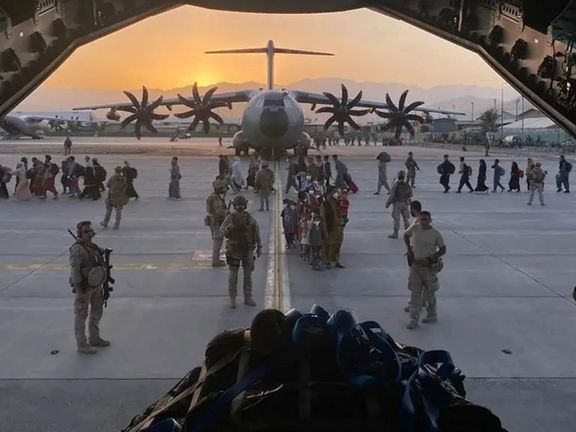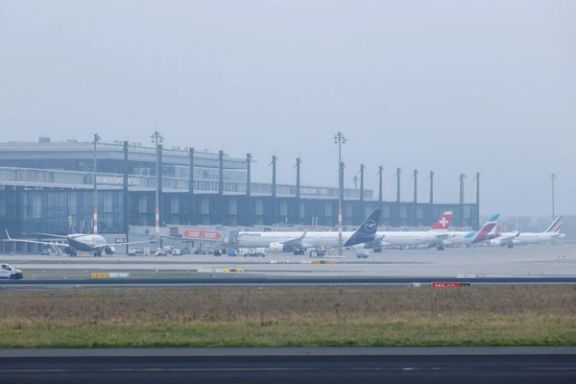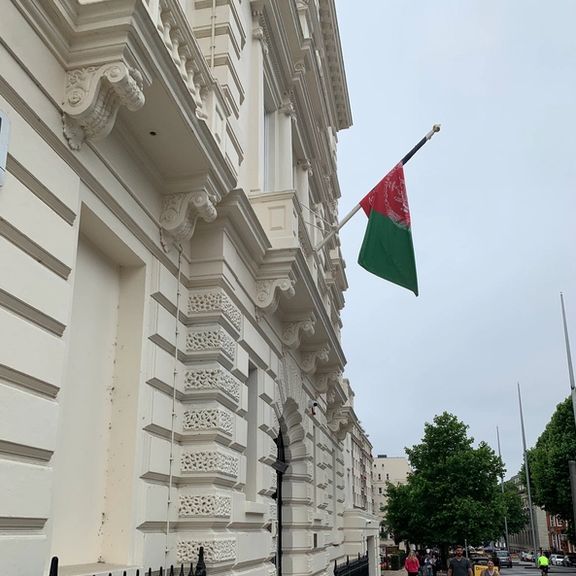One of the topics of these discussions has been the closure of Afghan embassies in Europe.
Sources reveal that on July 30, the Taliban’s Ministry of Foreign Affairs dispatched a letter to all countries that had not yet transferred control of Afghan embassies to the group.
The letter declared that the assignments of the previous government’s ambassadors had concluded, asserting that these individuals no longer represent the Taliban and that their activities no longer carry any legitimacy with the group.
A day before sending this letter to Western countries, the Taliban’s Ministry of Foreign Affairs had announced that the consular services of 14 Afghan diplomatic and consular missions in European countries, Canada, and Australia are no longer valid.
A diplomatic source told Afghanistan International that European officials have said that the Taliban’s letter needs to be assessed. According to sources, one of the issues discussed was the closure of Afghan embassies in European countries.
Sources indicated that among the host countries, Norway and Germany have increased pressure on Afghan diplomats more than other European countries. Some European countries, according to the sources, have not ignored the Taliban’s letter.
Following the fall of the previous government, Afghan embassies and consulates continued their operations, and the Taliban accepted the consular documents issued by most of these missions despite the ambassadors' and consuls' refusal to engage with the Taliban.
For about a month now, the Taliban have refused to accept consular documents from most Afghan diplomatic centres in European countries, Canada, and Australia.
In August, the Taliban’s Ministry of Foreign Affairs introduced collaborating missions in Spain, Netherlands, Bulgaria, Czech Republic, and Munich, Germany.
The Ministry has asked Afghans and residents of Europe seeking consular services to approach the group’s collaborating missions in Europe.
Assault on Human Rights
The discussion of closing Afghan embassies in European countries and increasing pressure on Afghan diplomats comes amid recent actions by Hibatullah Akhundzada, the Taliban leader, who has recently signed a law known as the "Propagation of Virtue and Prevention of Vice" to restrict the rights of Afghan people, especially women.
Under this law, the Taliban have classified women’s voices and faces as "Awrah" [intimate body part of their body] and mandated full covering for women.
This law has faced widespread backlash.
Josep Borrell, the EU’s foreign policy chief, stated that EU members are horrified and concerned about the Taliban’s Propagation of Virtue law.
Amnesty International has labelled the Taliban’s law as an assault on human rights, stating that it imposes severe and new restrictions on Afghan women and girls.
The German Foreign Minister has also commented that the Taliban’s law once again demonstrates that it is impossible to maintain relations with extremist Islamists.






